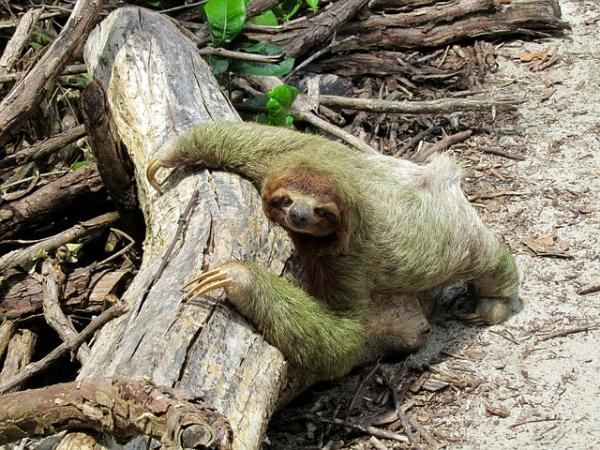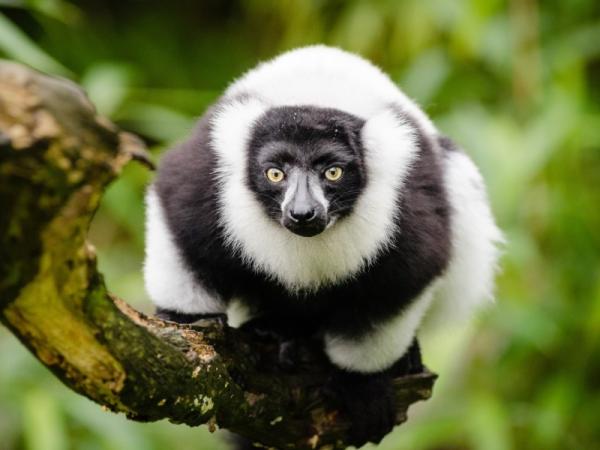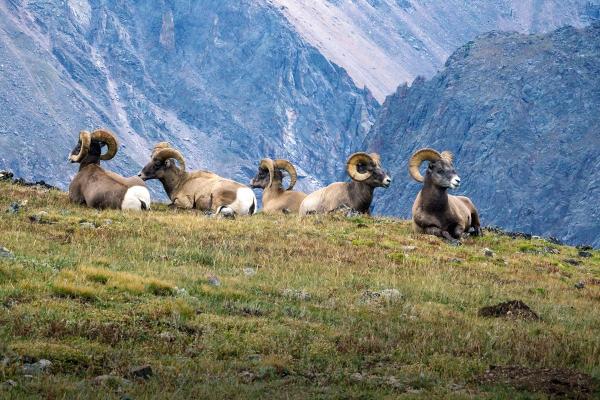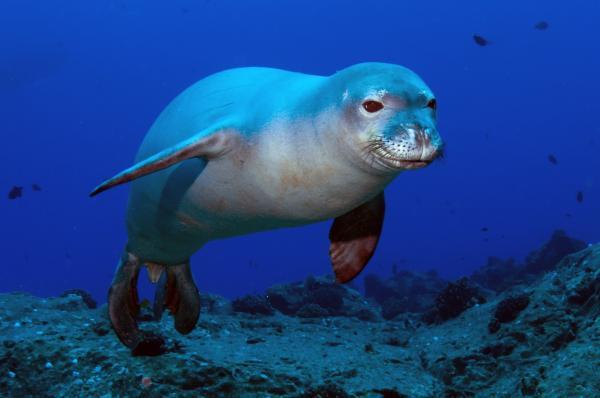Saving all the species currently threatened with extinction would require a huge global financial investment and an enormous collective effort. Some may ask: is it really worth it? Wouldn’t it be better to dedicate those resources to human needs instead?
The truth is that protecting endangered animals is not only about them—it is about us, too. Our survival and well-being are directly tied to the fate of the natural world.
This article explores the reasons why endangered species must be protected, the difference between natural extinction and human-driven extinction, and what we can do to help.

Extinction is not new. Throughout Earth’s history, species have disappeared as part of natural processes. The last major event was about 65 million years ago, when the dinosaurs vanished. In fact, around two-thirds of all species that have ever existed are now extinct.
Normally, extinction was gradual, driven by natural selection and environmental changes, leaving space for new species to emerge.
But today’s situation is different. Human activity is accelerating extinction at an alarming rate:
Studies show that in the last 100 years, as many species have gone extinct as would normally vanish over 800 to 10,000 years under natural circumstances.
If this continues, we may be entering the sixth mass extinction event in Earth’s history—this time caused by a single species: humans.

Every species plays a role in its ecosystem. Losing even one can disrupt the balance:
A seemingly unimportant fish might keep rivers clean.
Bees and other pollinators are essential for food production.
Birds control insect populations.
Extinction can trigger cascading effects, leading to ecosystem collapse—and threatening human survival.
Endangered animals are vital to us in ways we often overlook:
Food: Many species form part of our diet.
Medicine:
Bee venom is used to treat arthritis.
Snake venom has anticoagulant properties.
Horseshoe crab blood is used in vaccines and medical devices.
Marine animals like sponges and anemones are studied for cancer treatments.
Losing species means losing potential cures for major diseases.
Economy: Ecotourism brings income while encouraging conservation. In contrast, mass tourism can damage fragile ecosystems like coral reefs.
Replacing lost species with artificial solutions would cost far more than protecting them—and many functions of biodiversity cannot be replicated at all.

Ecologists agree: the more species an ecosystem has, the more stable and resilient it is. Diverse species create stronger, healthier environments.
Humans, however, often destroy habitats, overexploit animals, and pollute ecosystems, weakening this balance. Protecting biodiversity means protecting the Earth’s natural resilience.
Beyond utility, animals deserve protection simply because all life has value.
Unfortunately, conservation efforts often focus only on “charismatic” species like pandas, Elephants-Are-Endangered.html">elephants, or dolphins, while ignoring less attractive or lesser-known animals. Yet every species, big or small, beautiful or not, has the right to live out its natural lifespan.

Conservation is not just the responsibility of governments or large organizations. Each of us can contribute.
Fight Pollution
Recycle and reduce waste.
Use public transport or eco-friendly alternatives.
Avoid single-use plastics that harm wildlife.
Restore Habitats
Plant native trees.
Help clean polluted areas like rivers and beaches.
Support reforestation and wetland restoration projects.
Oppose Poaching and Illegal Wildlife Trade
Refuse to buy ivory, exotic pets, furs, or products from endangered species.
Report illegal hunting or trafficking.
Prevent Forest Fires
Never discard glass, cigarettes, or other flammable materials in nature.
Report suspicious fire risks immediately.
Respect Protected Areas
Follow rules in national parks and reserves.
Educate others about responsible behavior in nature.
Promote Education and Awareness
Share information to raise awareness about conservation.
Teach children to value and respect biodiversity.
Support Organizations
Join or donate to NGOs like WWF, Greenpeace, BirdLife, and Friends of the Earth.
Volunteer for conservation projects or wildlife rehabilitation centers.
Protecting endangered animals is not just an ethical choice—it is a necessity.
They maintain the balance of ecosystems.
They provide resources that support human survival and progress.
Their disappearance threatens the stability of life on Earth, including ours.
Every action matters. By reducing pollution, respecting habitats, and supporting conservation, we can help stop the sixth mass extinction and ensure a future where both humans and wildlife thrive.
animal tags:
We created this article in conjunction with AI technology, then made sure it was fact-checked and edited by a Animals Top editor.